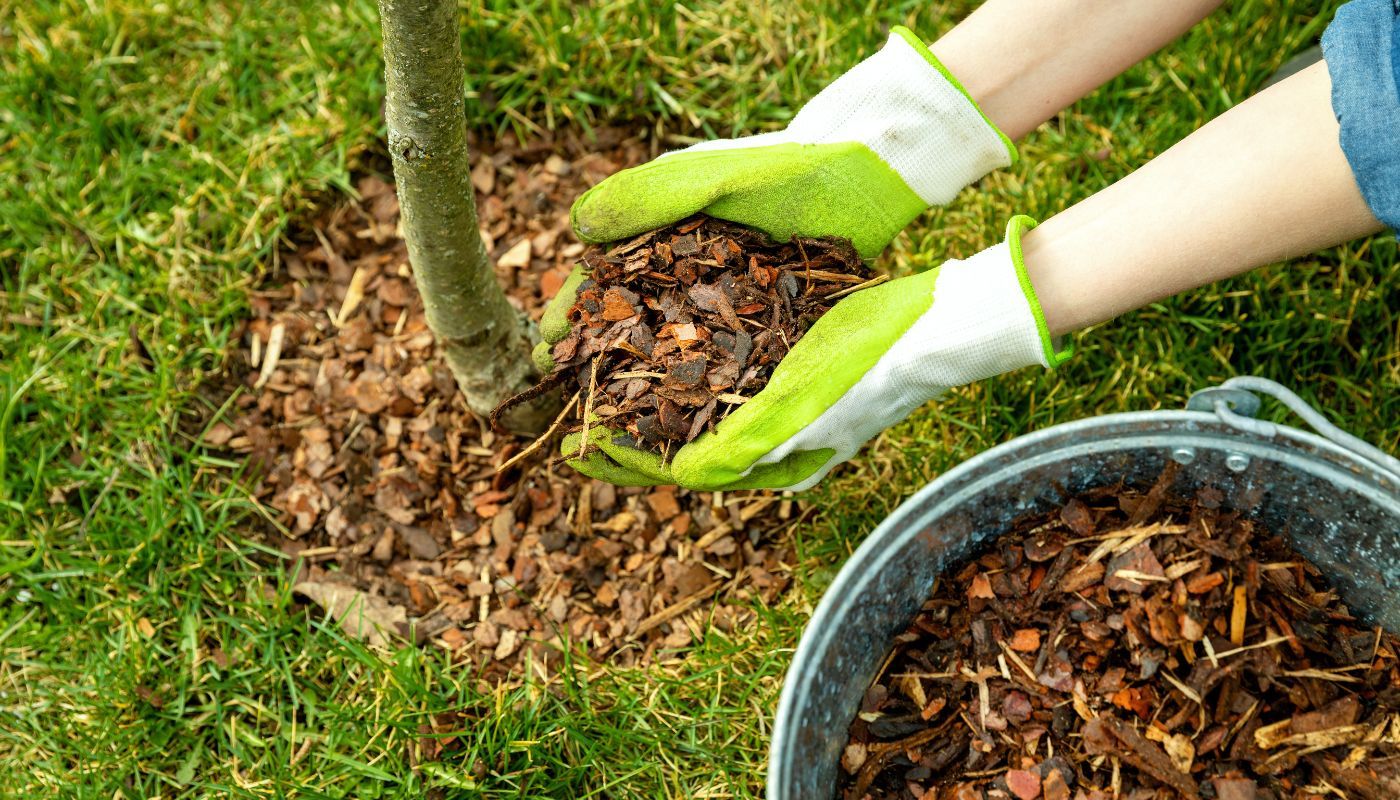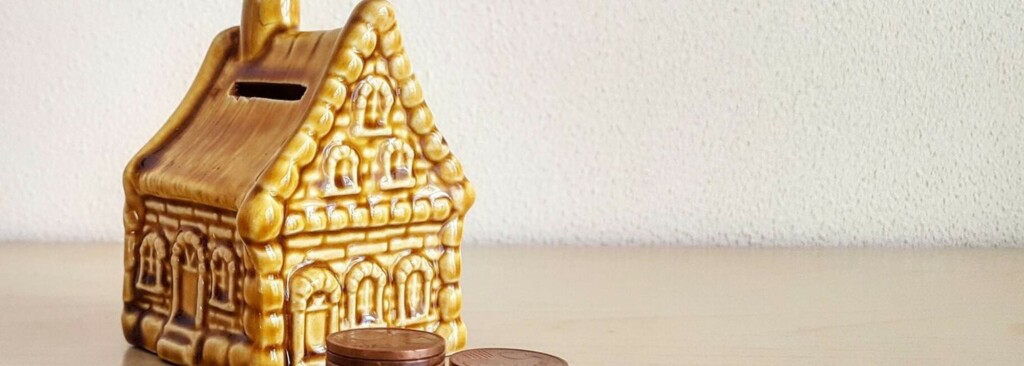LD Total's top tips for maintaining your new garden
Industry News
LD Total's top tips for maintaining your new garden
News

Buying a home early in life is what many Australians dream of, and with good reason. There are huge benefits that far outweigh the alternative of renting for years, possibly decades, or even biding your time living with your parents or the in-laws.
Currently, the average age of Australian first-home buyers is 36 and while everyone’s home buying journey is unique, there are compelling reasons why home ownership is a viable option for young Australians.
There are strong long term advantages to buying earlier in life, from gaining an invaluable sense of independence to building fundamental budgeting skills and attaining financial freedom
Here, we look at how buying a home earlier rather than later in life can set you up for a better future.
The sooner you buy, the sooner you can be mortgage free
Buying a home early in life, say in your 20s, means you start your journey to homeownership earlier.
Careful budgeting could see you making repayments to pay off the loan interest and principal, and, eventually, paying off your mortgage entirely. This frees you up to make other investments or to just enjoy the freedom of living debt-free.
People who buy later in life, say in their 40s, have less of their working life to pay off their mortgages.
A surprising number of older Australians are still repaying their mortgages. Instead of preparing for a relaxed retirement, 28 per cent of home owners aged 50 and older are experiencing mortgage stress.

Making additional repayments early and often enables you to pay your mortgage off quicker which frees you up to make other investments or to just enjoy the freedom of living debt-free.
Saving versus rent spending
It’s no secret that renting in Australia is incredibly expensive. The average rental price is $430 in Melbourne and Perth, and $440 in Brisbane.
Renters may be surprised, and pretty horrified when they calculate the total cost of renting per year. Based on a current average of rental prices in Melbourne, Perth and Brisbane) annual rent is $22,620 –an eye-watering expense that ultimately pays off someone else’s loan).
Rental markets across Australia, particularly Queensland and Western Australia, are becoming increasingly expensive. Research by REA shows buying a three-bedroom house in nearly six in 10 suburbs across the country is actually cheaper than renting over the next 10 years.
Time in the market vs timing the market
Some buyers put off purchasing property because they are trying to pick the right time and buy when property prices and interest rates are low.
However, even the most experienced economists can’t predict the optimum time to buy. Although property prices move in cycles, the duration of these cycles differ and it is difficult for even the experts to foresee events such as the GFC or COVID-19.
Trying to pick the market timing is little more than a guessing game. There is no crystal ball when it comes to the property market and time spent waiting for the ideal conditions is ultimately time wasted.
Take for example the post-COVID housing market of late 2020/early 2021. Economists had expected Australia’s jobless rate to rise after the withdrawal of JobKeeper and property prices to nosedive, but fewer people lost their jobs than expected and property prices skyrocketed, up 6.8 per cent over the past three months,10.2 per cent higher than the COVID low in September last year

Financial knowledge sooner rather than later
The responsibilities of meeting mortgage repayments is one of the most practical ways to build your personal finance skills. You may have already developed great savings techniques while saving for a house deposit, but as soon as you sign up for your home loan you’ll find those saving skills become even stronger.
It may take weeks, even months, to master your mortgage, but with each sacrifice you make, the more valuable lessons you learn in money management.
Purchasing your first home also teaches you the difference between good and bad debt. A mortgage is an example of good debt because property values typically increase over time. Unlike money spent on rent, mortgage repayments fund a property you could one day sell for a healthy return.
A valuable leg up
First-home buyers, no matter their age, can find financial assistance in almost every state and territory of Australia. Even if you don’t qualify for any grants, but you are a first-home buyer, you may be in line for a stamp duty discount or exemption.
Victorian first home owners can receive $20,000 if they buy in a regional area or $10,000 in a metropolitan area. The house must be less than five years old and valued at $750,000 or less.

Victorian first home buyers can also save their hard-earned money by claiming a stamp duty exemption or 50 per cent duty reduction when they buy either a new or established property with a value of between $600,000 and $750,000.
First home owners in Queensland can receive $15,000 towards buying or building their new house, unit or townhouse, as long as it’s valued at less than $750,000. There’s also a first home concession for transfer duty on first homes.
And in Western Australia, first home buyers are eligible for a grant of $10,000 to buy or build a new property. The WA Government also offers up to $2000 for the expenses of first-home buyers for homes priced under $400,000 as part of the Home Buyer Assistance Account. There’s also a stamp duty concession for first-home buyers on any home purchase up to $430,000 with concessions available on homes valued between $430,001 and $530,000.
All first-home buyers could be eligible for the First Home Super Saver Scheme, a national program that lets those eligible to save money for their first home inside their super fund.
There are time limits on the duration of some of these grants and while many have been around for years, there are no guarantees as to how long they will continue.